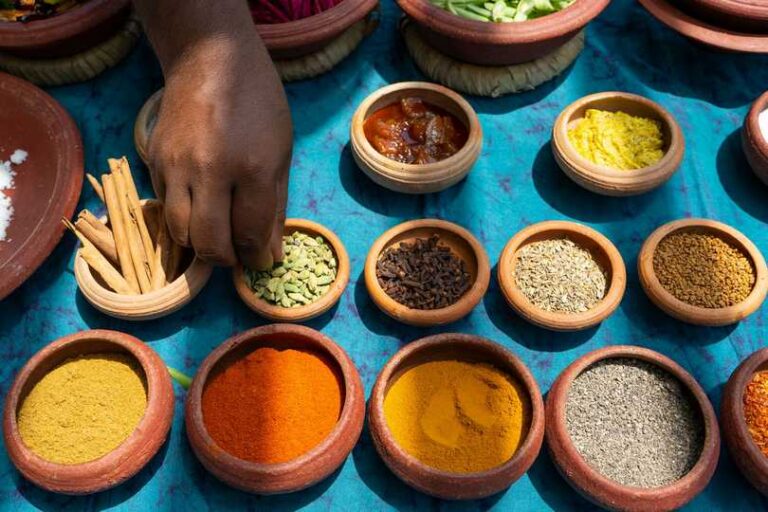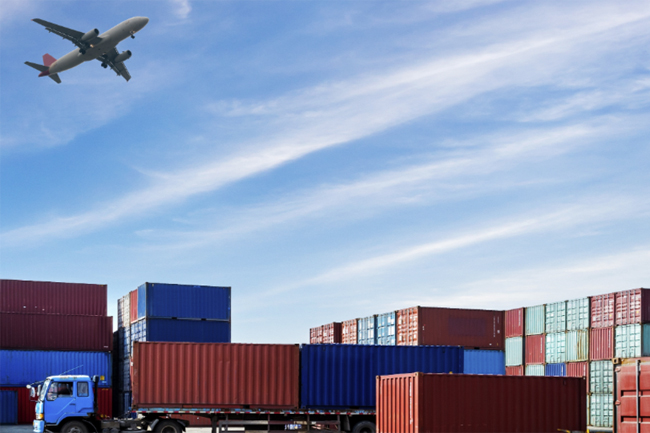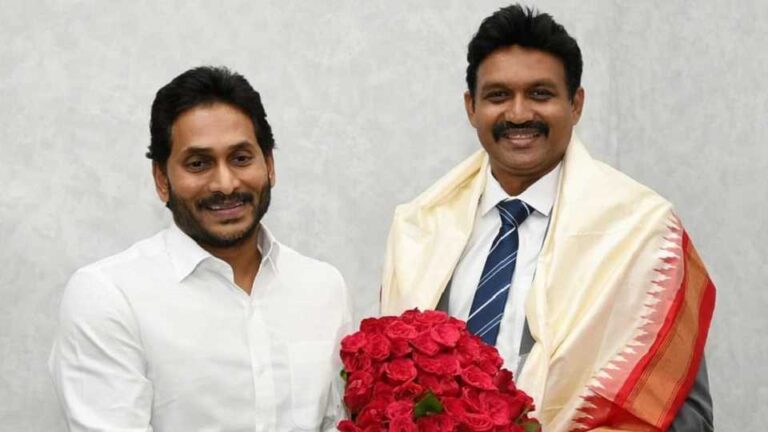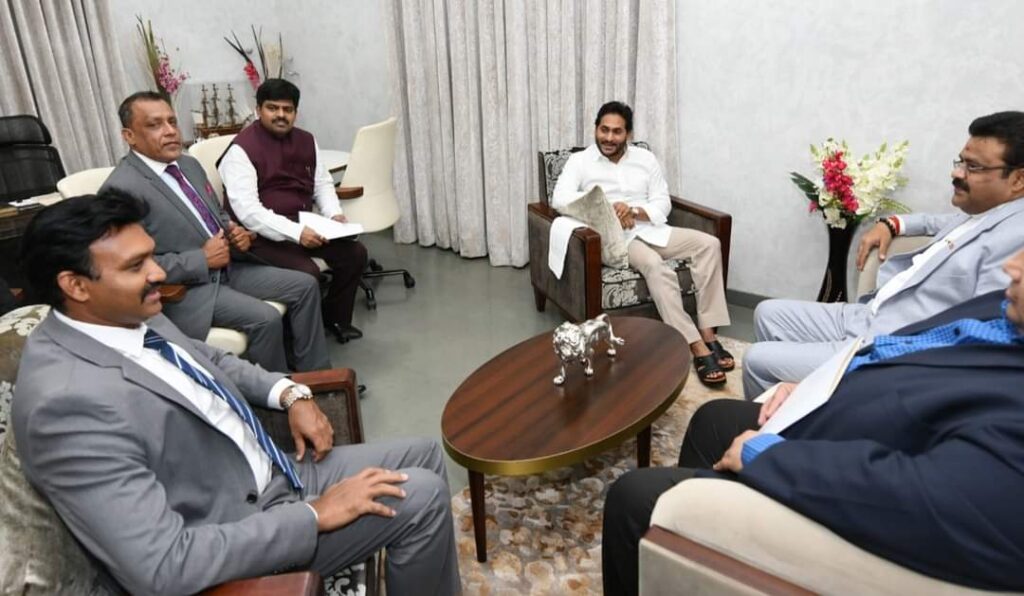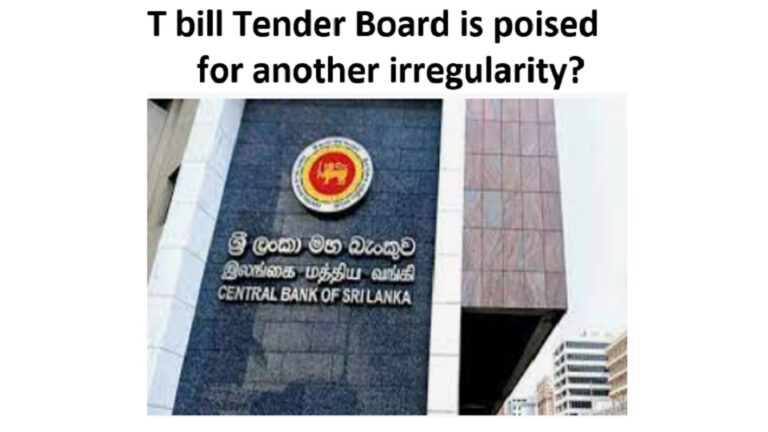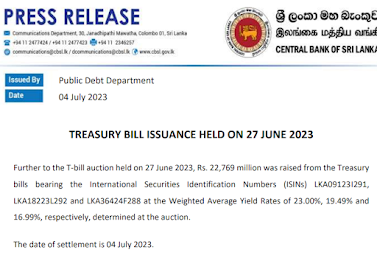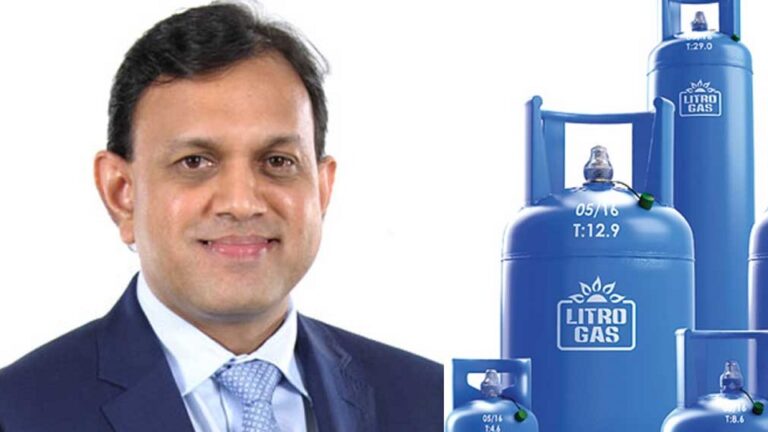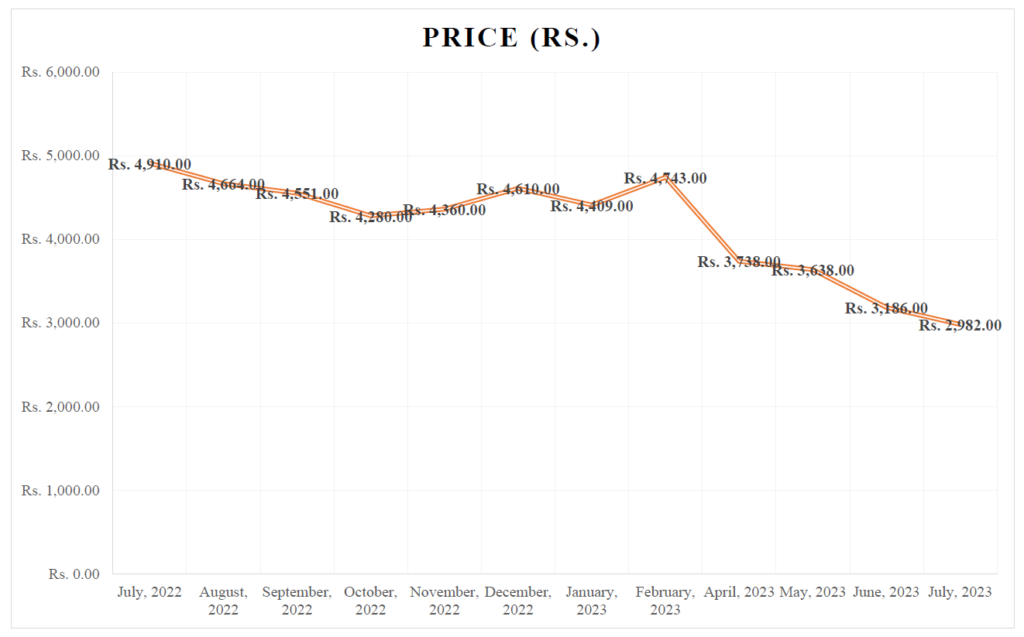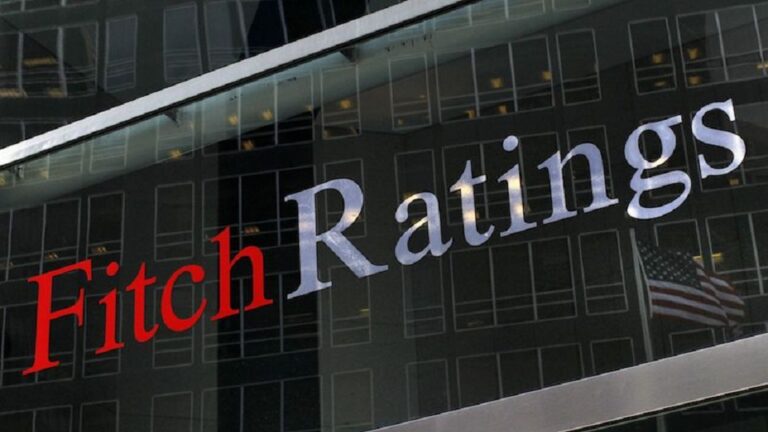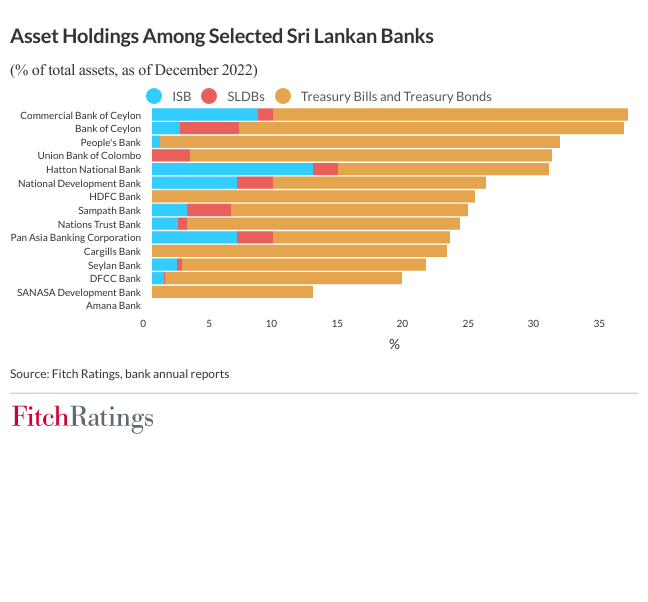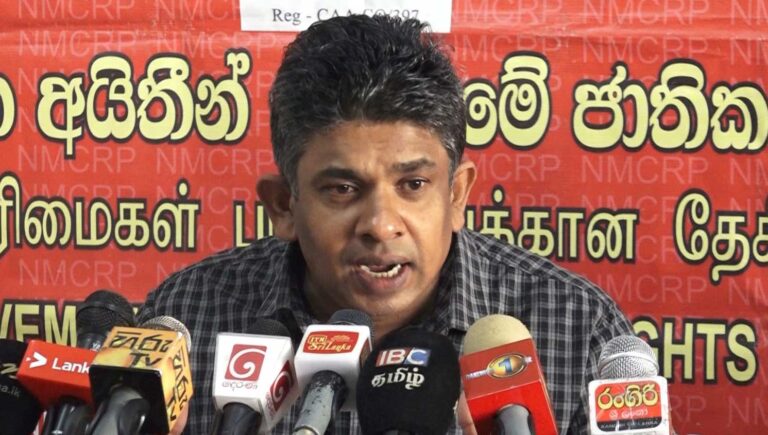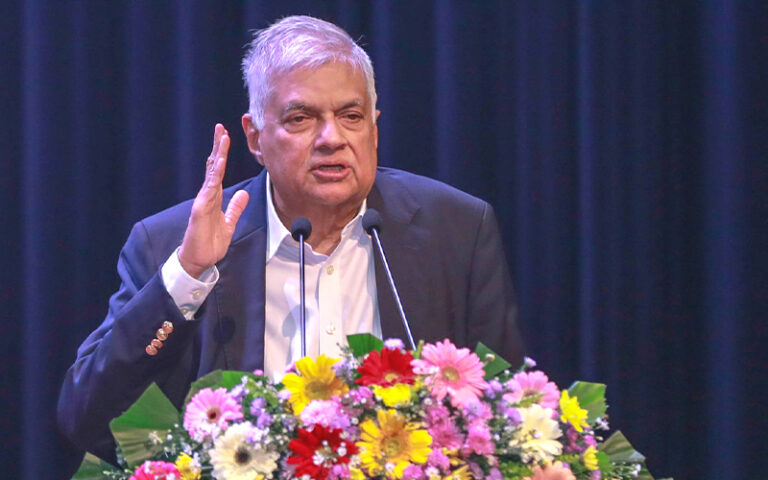By: Staff Writer
Colombo (LNW): Sri Lanka’s recent tremors have compelled the government to launch a program to gauge the resistance of buildings and new constructions against earth tremors is being conducted across Sri Lanka, the country’s Geological Survey and Mines Bureau (GSMB) said.
In response to an increase in seismic activity, Sri Lanka’s Geological Survey and Mines Bureau (GSMB) has embarked on a nationwide campaign to evaluate the resistance of both existing and newly constructed buildings against earthquakes. This effort aims to ensure the safety of infrastructure in the face of mounting geological instabilities and to provide reassurance to the country’s residents.
Over the past year, Sri Lanka has experienced a number of minor tremors. The country’s senior geophysicist at the GSMB, Mahinda Seneviratne, made these facts known during a television appearance. According to Seneviratne, these tremors have brought to light the critical need for a comprehensive assessment of building resilience against such geological events.
The focus is not only on assessing the current state of infrastructure but also on ensuring that new constructions meet safety standards to withstand potential earth tremors.
Seneviratne highlighted the city of Colombo as an area of particular concern. Colombo, the nation’s capital and most populous city, boasts a high density of structures. The robustness of these structures against seismic activities has thus become a top priority for GSMB.
Recent geological events have accelerated the urgency of this resilience assessment program. Notably, a significant 5.8-magnitude earthquake was reported off the southeast coast of Sri Lanka this past Saturday.
This tremor, although originating from the depths of the ocean and located approximately 1,260 kilometers from Colombo, was reportedly felt by residents in both Colombo and Galle districts.
The occurrence of this earthquake led to an influx of inquiries to GSMB regarding the safety of buildings, especially in the wake of Saturday’s tremor. This public concern further underscores the relevance and necessity of the GSMB’s ongoing campaign to gauge building resistance to earth tremors.
This initiative is a critical step in ensuring Sri Lanka’s infrastructure can withstand such geological events. The results will not only help to potentially save lives and reduce property damage in the event of future earthquakes but will also provide peace of mind to Sri Lankan residents.
As the GSMB continues this essential work, it is clear that the safety of Sri Lanka’s people and the resilience of its infrastructure remain top priorities
Several small tremors have been felt in the country in the past year, said senior geophysicist of the GSMB Mahinda Seneviratne on TV.
Seneviratne said they are paying special attention to buildings in Colombo due to the high density of structures in the city.
He added that a 5.8-magnitude earthquake was reported in the seas off the southeast coast of Sri Lanka on Saturday, and the GSMB has received many inquiries about the safety of buildings, especially following Saturday’s tremor.
The tremor was located around 1,260 km from Colombo and took place in the deep seas, the GSMB official said, adding that residents of Colombo and Galle districts reported feeling the tremor.



